Earthdive is working with Dive Centres and Dive resorts around the world who like us, are helping to conserve our precious oceans. Hundreds of dive centres are already supporting earthdive by practicing eCord – the earthdive Code of Responsible Diving and many more are going even further, by assisting us on trips and visits to specific eco-regions to collect data.
We report on these dive centres and resorts in our newsletters and social media outlets as a way of saying a big thank you.
Here is a short video of one of our supporters, Emperor Divers in the Red Sea.
Read More


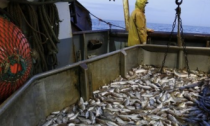
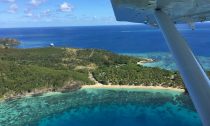
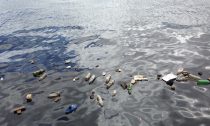
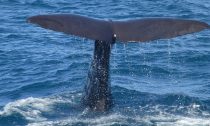
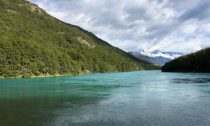
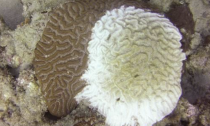
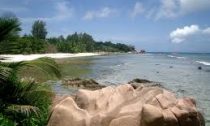
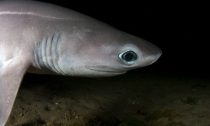
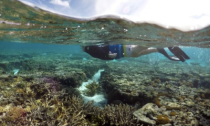


Social Profiles